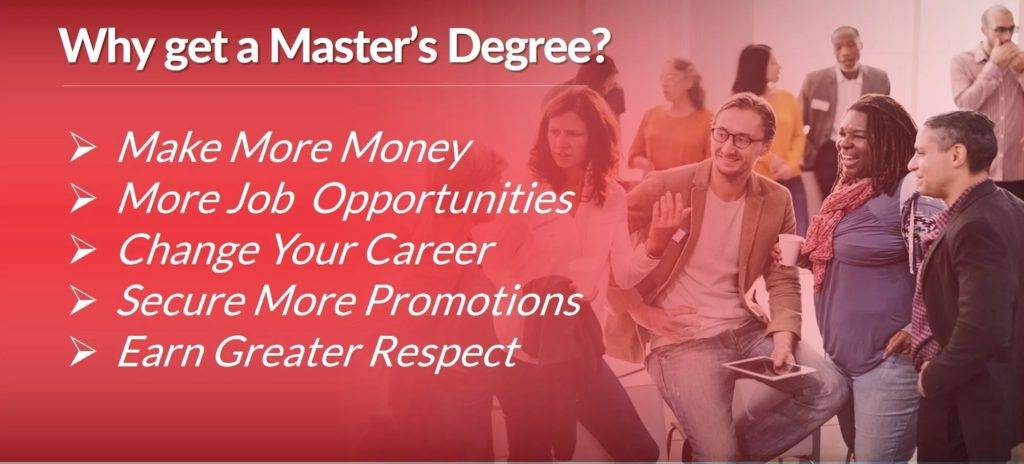Given the strong unemployment figures on display recently: some people have questioned the wisdom of going back to school for graduate degrees. The truth of the matter is that advanced education is wiser now more than ever. You WANT to go back to school when the market is doing well – that way you will be in a better competitive position should the markets take a downturn by the time you reach graduation.
The need for planning in fast growing fields, where candidates are racing to catch up with job opportunities, is even more important.
So, you’ve figured out that graduate school is the right decision for you. Now comes the hard part: how to plan for it, both financially and strategically.
You probably already know that student debt is a major problem in the United States. According to the Federal Reserve: student debts in the US now total over $1.48 TRILLION dollars! That’s higher than the 2016 GDP figures for countries including Spain, South Korea, Russia, and Australia. It’s also $620 billion more than credit card debt in our country. This represents 44.2 million Americans with student loan debts – and at least 11.2% of those borrowers fall delinquent, or default on these loans. Lastly, it’s worth mentioning that 40% of all student debts in America is from graduate and professional degree programs.
How to Manage School Financially
Many students try keeping their full-time roles while enrolled, in order to pay their way through. Other students rely on the student loan industry – which is disastrous! However, today there’s a new option: many forward-thinking schools are offering Income Sharing Agreements, or ISA’s, to students as a partnership agreement that doesn’t burden the student with massive debts that can cripple his/her credit rating for decades to come. As this article explains – an ISA is based off actual income, rather than credit ratings. It offers a great way for schools to partner with their students, and proactively be invested in student success.
Maximizing Work Experience
As mentioned above: some students prefer graduate programs that allow them to keep working while in school for financial reasons. If this is the case, then you’ll want a school that is practiced at catering to working professionals – with classes online, during the evenings, or during weekends in order to be flexible to student schedules.
Considering working while enrolled is also important because experience matters. Especially if you’re getting an advanced degree in a field in which you are already working. One opportunity to consider is a good internship within your chosen field. This is, of course, an even more compelling idea for full-time students, unemployed students, or especially those who are looking to switch into a new field. Internship experience can be worth its weight in gold on a resume and will oftentimes help a candidate stand out from the crowd in front of employers. Employers appreciate education; however, they want definite confirmation that a candidate can hit the ground running and do the job well.
In Conclusion
At the end of the day – each student must pick the program that’s right for them. However, we hope we’ve raised some important considerations that may help you in making the best choice for your life and career goals.
Interested to learn more? Check out our Masters Degree programs or contact us at (848) 299-5900.




